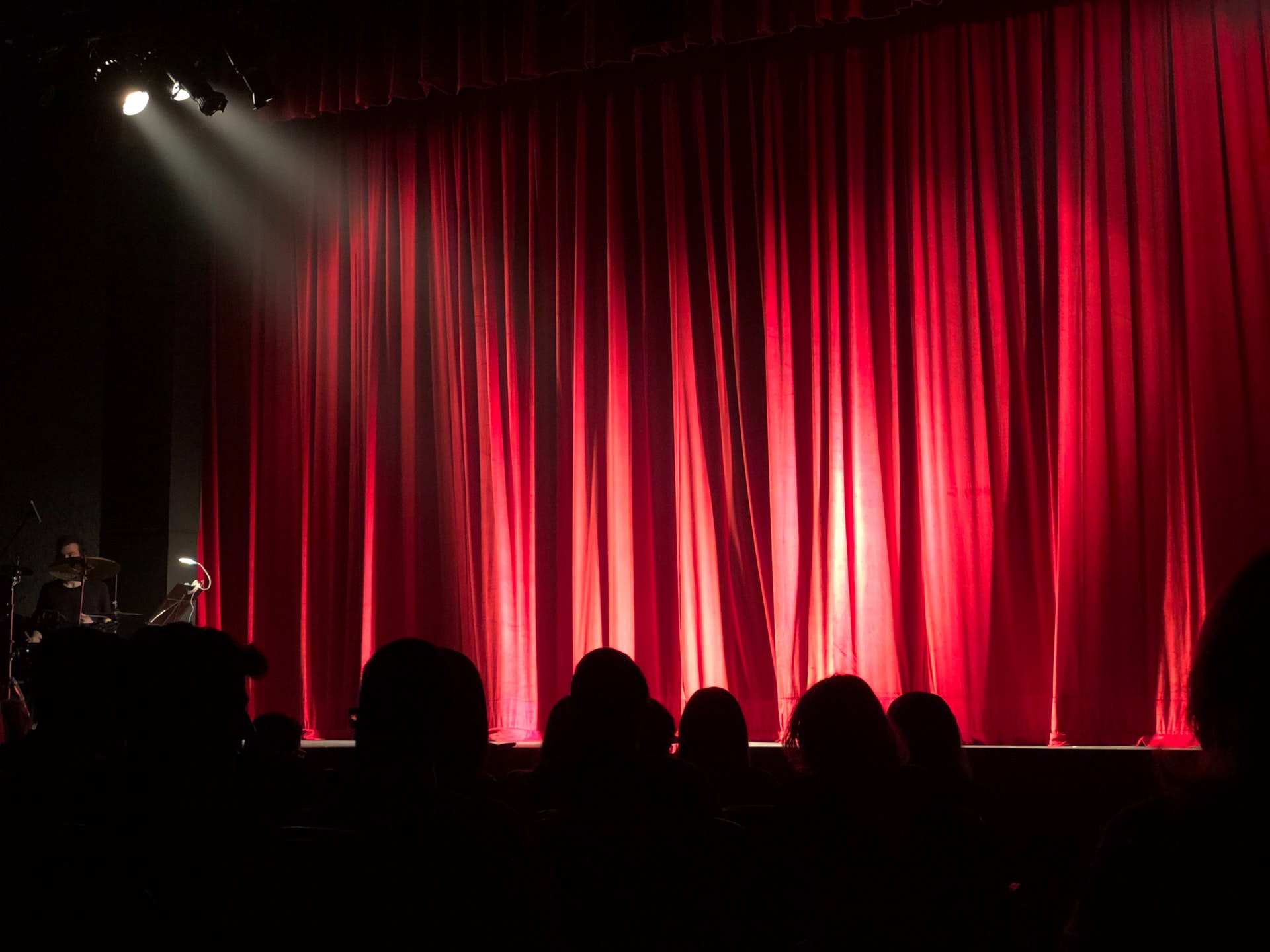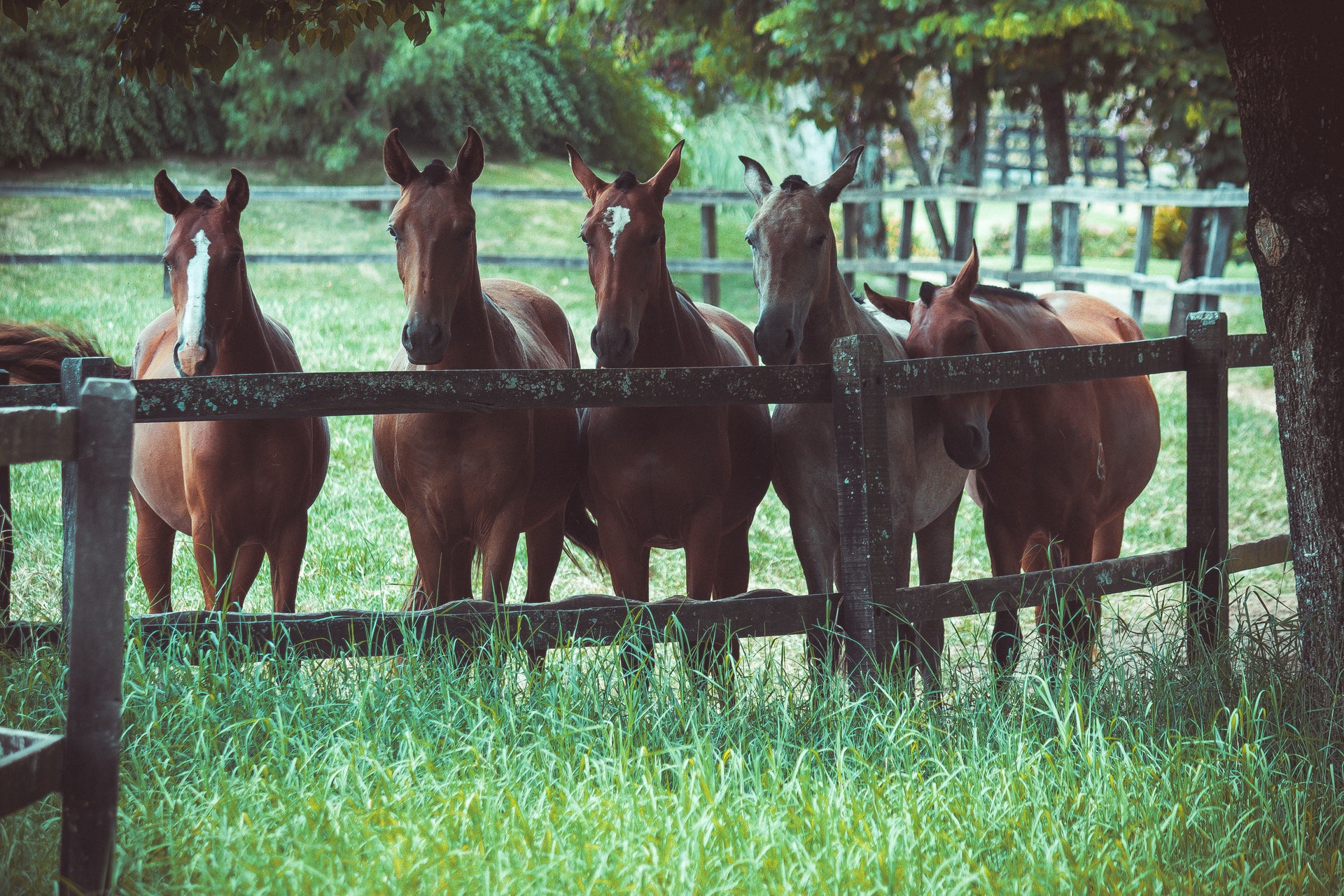Entertainment law overlaps with many other legal practice areas. While entertainment lawyers get to represent people skilled in artistic pursuits, such as music, acting, and film to name a few, they must have a great deal of knowledge about areas such as employment and labor law, contract law, tax law, and intellectual property law.
While you may want to get into entertainment law if you have always been a creative and artistic person, it is important to realize that this practice area involves a lot of paperwork and negotiation. It might not be as glamorous as it sounds, but you will get to see the important impact law has on the creative and artistic process.
Important note: sports law and entertainment law are often combined.
Education and Background:
This is an area of law where it is as much “who you know” as “what you know.” Networking to find opportunities is essential. Having a background in business may be helpful as you will be managing many business aspects of whatever creative pursuits your clients undertake.
If you are interested in learning more about the problems an entertainment lawyer might have to deal with, try reading “All You Need to Know About the Music Business” by Donald S. Passman. Though this book is geared toward the music industry specifically, it provides valuable information for anyone interested in the business and legal logistics of how entertainment industries operate.
Getting a job:
Do not expect to immediately get a job in this area out of law school.
Because entertainment law pertains to, well…entertainment, it is important to realize that most entertainment law jobs will be in entertainment hotspots. So, New York, Los Angeles, and Nashville are common places to find jobs within this area of practice.
- Large firms may have one or two people who specialize in entertainment law
- Small firms located in cities considered hotspots for entertainment may specialize in this area
- Entertainment companies may hire in-house counsel
Because this is a more niche area of the law, you may find yourself working more generally in other areas of law and occasionally getting to focus on entertainment law. If you specialize in entertainment law alone, you will likely pick an “area within an area”. That is, you may choose to focus on music, film, television, video games, or some other area of entertainment. This will depend in large part on the opportunities available in your location. Realize that you probably will not get to specialize in entertainment law right out of school. You will likely practice some other areas first, gain experience and work your way up within a company to build connections and find an opportunity, and then eventually slide into the more niche area. This is not necessarily a bad thing! As an entertainment lawyer, you must be well-versed in many different areas of law anyway, so experience can only benefit you.
Average salary:
The average salary of an entertainment lawyer is quite standard for lawyers in general. However, that doesn’t accurately show the HUGE variation in salary possible. You may represent someone in Hollywood and bring in millions each year. Or, you might represent a country artist who sings at the local karaoke bar. Again, being in this area of law all comes down to “who you know”. It is also important to note that some entertainment lawyers may charge clients a percentage-based fee.
Would you like this practice area?
Strengths/Weaknesses: If you have strong negotiation skills and are good with people, this will be a worthwhile area for you.
Likes/Dislikes: You must like to work in a unique and fast-paced environment and enjoy collaborating with others. You should enjoy meeting new people and networking.
Consider whether these articles interest you:
10 Questions: Magician-turned-lawyer helps make legal problems disappear (Davis)
“One magician-specific issue involves confidentiality agreements/[nondisclosure agreements]. When a magician decides, for whatever reason, to share a technique or routine with other magicians for a price, the magician often holds workshops. They usually cost more than what you’d pay for a legal conference, and participating requires signing a confidentiality agreement. I draft NDAs that spell out not only what the attendees will learn and receive at the workshop and the price, but also how they must keep the information confidential and precisely where they may use the learned information. The magicians attending have to be able to use the tricks at least in some of their performances because otherwise, what’s the point? But there can be carve-outs—like you can’t post video on the internet, you cannot perform the material on television or in certain geographic regions. You also are forbidden from discussing the material on magician forums or websites.”
Read more
In dueling suits, Kanye West alleges contract ‘servitude,’ while music publisher claims deal breach (Weiss)
“Music publisher EMI has sued Kanye West for alleged breach of contract after the rapper filed his own suit referring to the expansive deal as “servitude” and asserting that it could bar his retirement. One of the disputes in the two lawsuits is whether California or New York law governs, report the Hollywood Reporter and USA Today. West says the contract he signed in 2003 is a contract for personal services under California law that can last no more than seven years.”
Read more
At least 8 theaters drop ‘Mockingbird’ productions after producer of newer play threatens suit (Weiss)
“At least eight theater companies throughout the United States have canceled productions of
To Kill a Mockingbird because of litigation threats from the producer of a newer version of the play on Broadway. The New York Times report includes an interview with 11-year-old Olivia Mongelli, who was cast as Scout in a Dayton production of the play. Mongelli said the actors learned the play would be shut down during a rehearsal. “Everyone onstage was just in shock,” Olivia said. “I just sat there for a second and said, ‘Is this a joke?’ ” Both the old and new versions of the play are based on the book by Harper Lee, who died in 2016. The older version, written by Christopher Sergel, has been staged for decades and was being used by the theater companies receiving the cease-and-desist letters.”
Read more
Entertainment Lawyer Spotlight:
Patti Jones is an entertainment lawyer for her entertainment law firm, the Law Offices of Patti Jones. She also has an of counsel affiliation with Sennott, Williams & Rogers, a newly formed boutique entertainment law firm. Patti is a go-getter who loves to inspire students.
Patti’s interview:
Q: How long have you been a lawyer?
A: 27 years
Q: Where did you go to law school?
A: Suffolk Law School. I was a music teacher before I went to law school. My background is in teaching choral and vocal music and musical theatre. I studied music and French in college. I also worked for a French food company but decided I didn’t want to be in business and wanted to do something else. Even though my background is in the arts, I didn’t go to law school with the intent of becoming an entertainment lawyer. My intent was just to be a lawyer, to improve my overall employability, and then take it from there. I wrote a Master’s thesis on Mose Allison, which got me interested in the music world. I graduated in a recession, so to get my initial clients, I had to go out and find bands.
Q: Describe an average day at work…
A: I take care of literary authors, some Indie film, TV, music, and I do a lot of trademark work. I teach at two law schools as well. When I work on trademark applications, I teach my clients how to work with them. I don’t do litigation; I’m typically teaching my clients how to use the trademark so they don’t have to go to an expert. One of my projects is acquiring the rights from a book and publisher to create a musical. I represent the producer, and this has been very challenging because the venues she is looking at are academic/classical environments, not Broadway or something like that. I draft documents, talk to clients, talk with trademark branding people, I talk to the PTO and collect things to send over to them, and it is just really different every day. There is nobody giving me things to do, so I determine what I do when.
Q: Do you deal with difficult/emotional people?
A: Because my people are all creators, they are by nature emotional people. Their job is to represent emotion in their art forms. A lot of times people come to me when it is too late because they don’t necessarily understand aspects other than the artistic side.
Q: What makes your day-to-day work different from that in other practice areas?
A: My job is more about bringing people together with respect to something they love and believe in. Whether it is a TV show or a book deal or protecting characters in a book by trademark, it’s always something they are passionate about. I love being able to help people with their dreams.
I had one client who said “Happy Mother’s Day” to me and I mentioned I wasn’t a mother. And he said, “you are the mother of dreams,” and I almost cried.
I also don’t have to deal with the court system, which I am very thankful for. Before, I had six years on and off going to court, and I hated it. Now, in this work, you don’t feel like you are stepping on people’s toes. We have good relationships and a real community in the entertainment area. It is competitive, however. The only time I go to court now is with minors to discuss their contracts with the judges.
Q: What do you like about your job/practice area?
A: I’ve always had great people to work with. I also love that I have the ability to help young people starting out in this area. I enjoy the flexibility I have.
Q: What do you not like about your job/practice area?
A: I wish I were busier! Sometimes when you work for yourself, you have to create the work for yourself.
Q: What advice would you give students interested in learning more about being a lawyer in your practice area?
A: They first have to have an interest in an area of entertainment and should be passionate about that particular interest. Whether it is from a fan’s perspective or someone who has been actively participating in that art form, involvement helps. Just learn as much as possible about that area that you love. If it’s dance, learn all about dance. If it’s photography, learn all about photography. Then, go online and find out what forums there are for people involved in that area of law. Wherever possible take classes in that area so you can learn as much as you can. Make sure you take negotiations and trial practice too! Those are just incredibly important classes. Realize entertainment law may not be your strength. Find out who you are and what you are good at. Look what your skill sets are and what your background is. Go where you love the topic and just try things.
Q: What other comments do you have to add about your practice area?
A: I love my work, am passionate about it, and have no intention of quitting. I’ve always waited for the Michael Jackson of the industry to walk through my door though… but I’m still waiting, so I can’t quit.
I don’t recommend this area of law for the faint of heart.
– Patti Jones
Conclusion:
Become well-versed in multiple areas of law. Not only will you probably practice something before entertainment law, but you will also appreciate having experience in other areas once you start your job as an entertainment lawyer and need to know all about contracts, IP law, and employment law. You may have to go out and find business as an entertainment lawyer; learn how to create work for yourself!




























